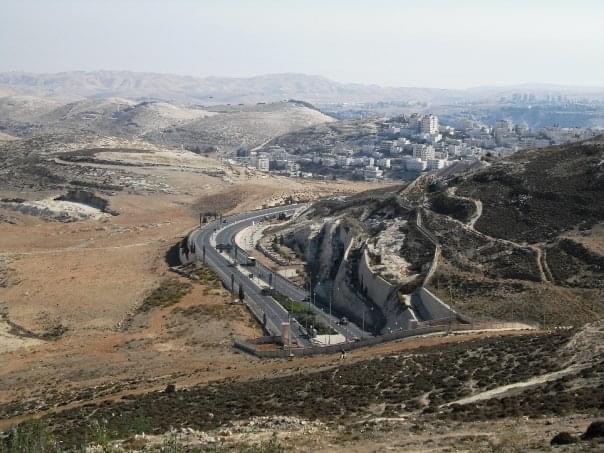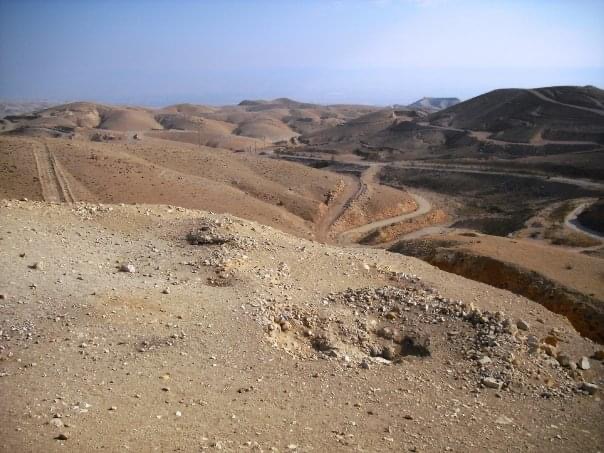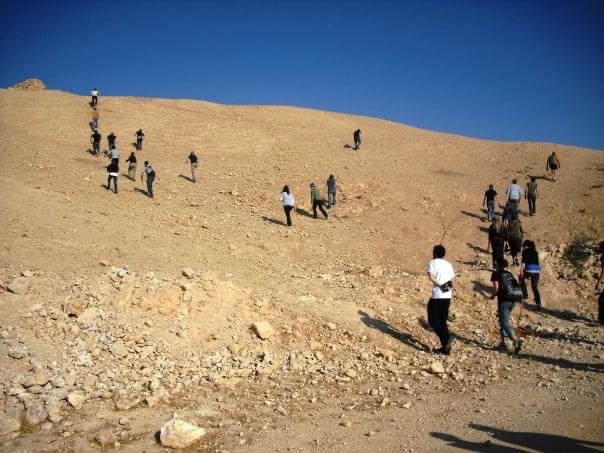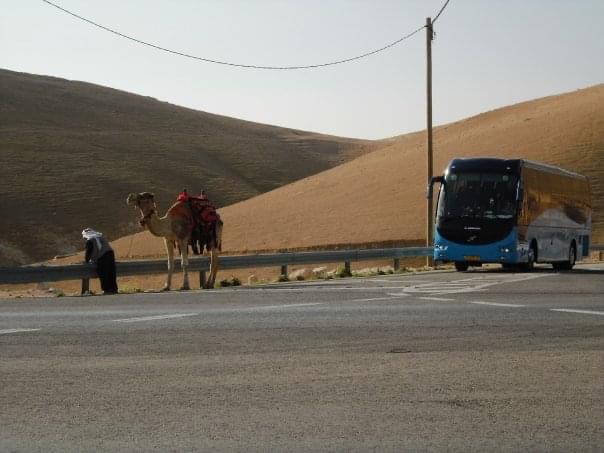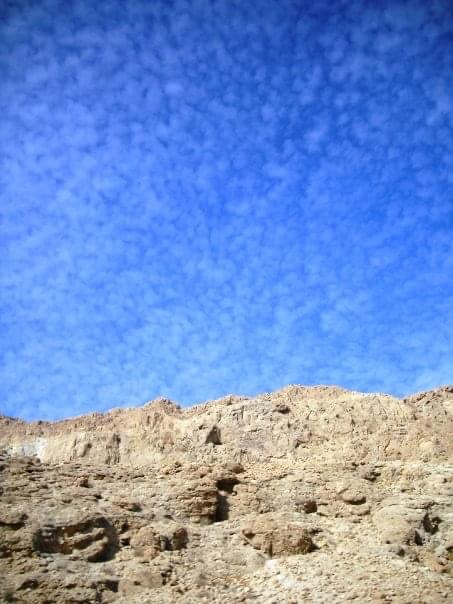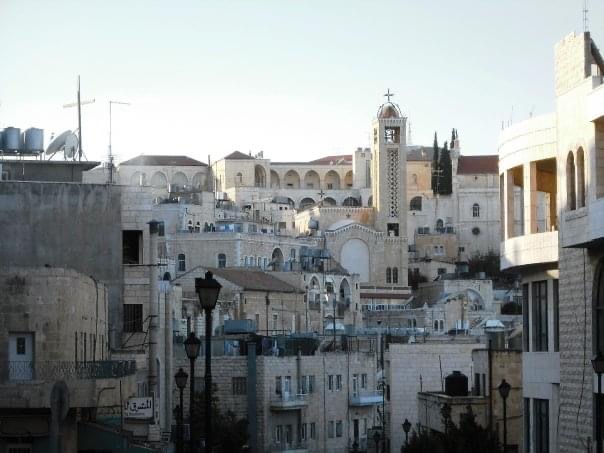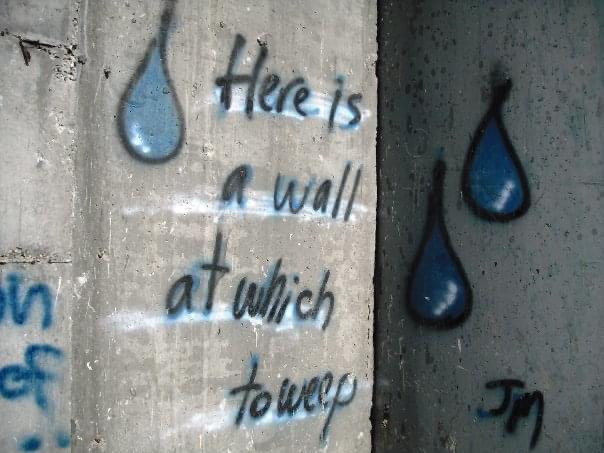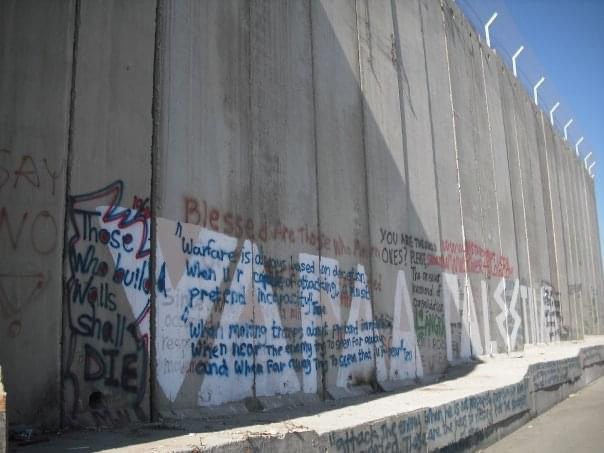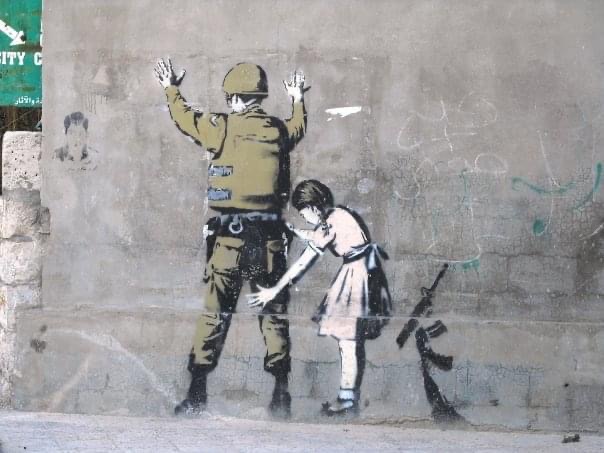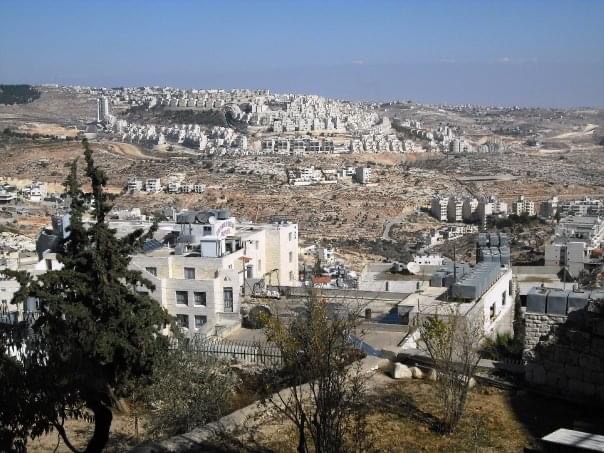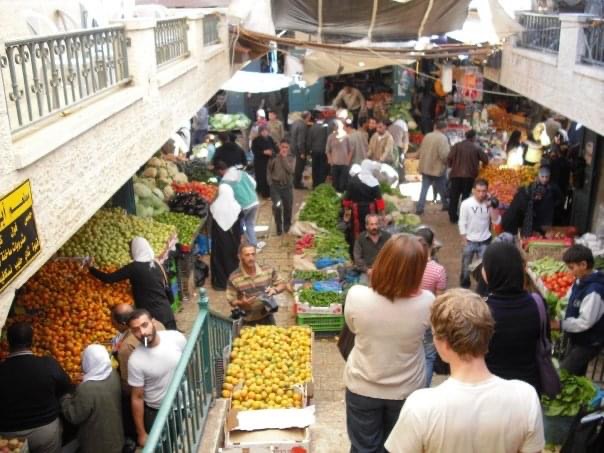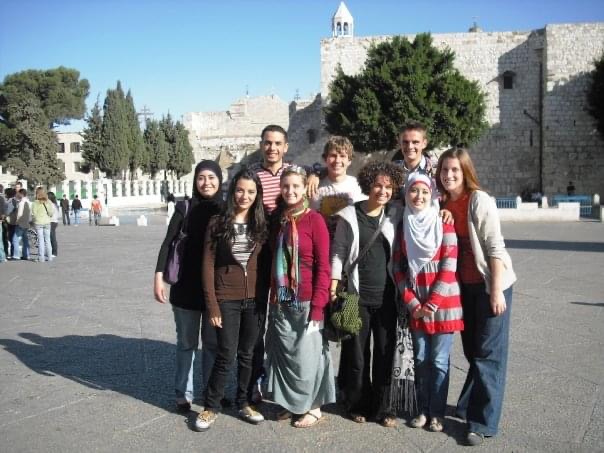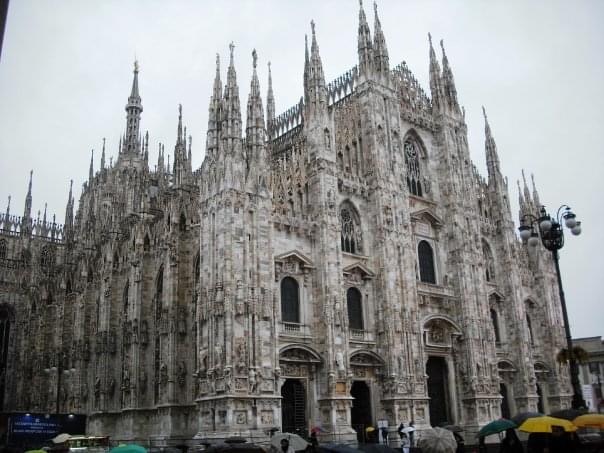
my dad and i stopped in milan while riding trains around europe.
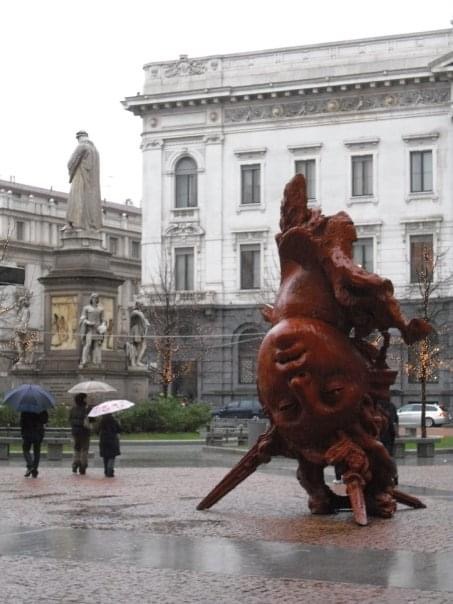
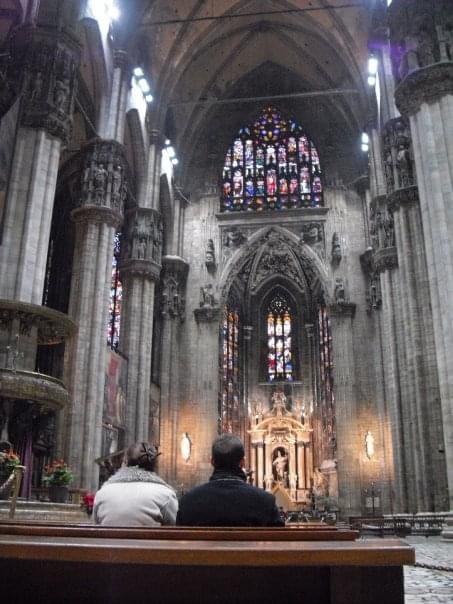
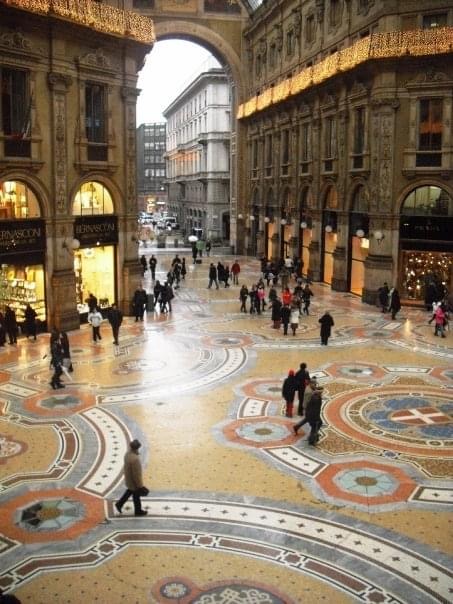
every country or bust!

my dad and i stopped in milan while riding trains around europe.



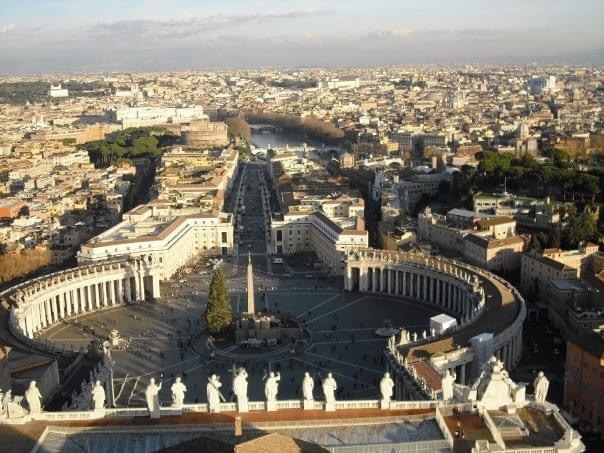
my dad and i stopped in rome and the vatican for a few days while riding trains around europe.

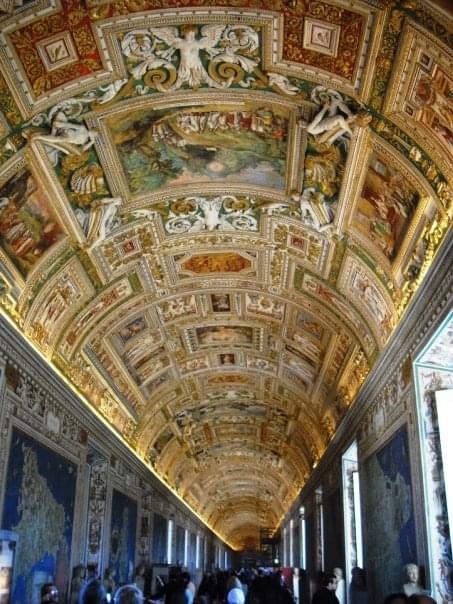
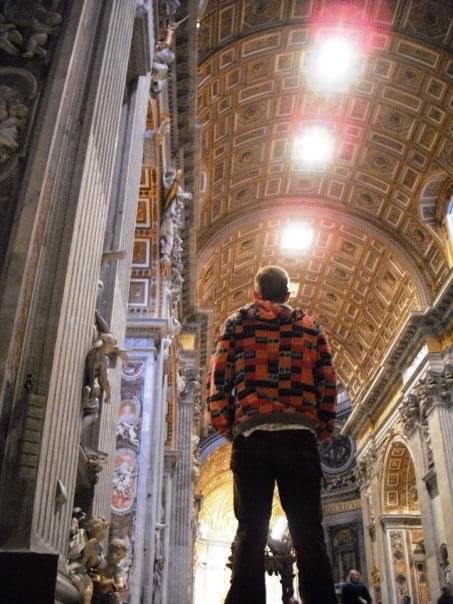
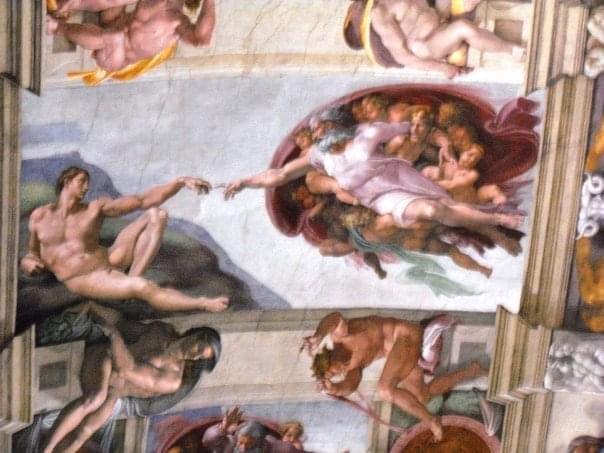
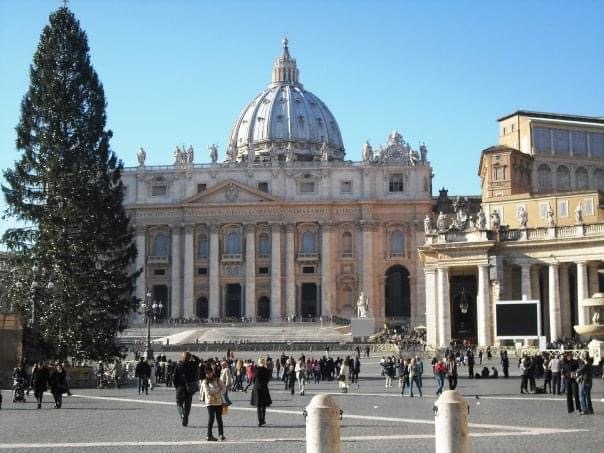
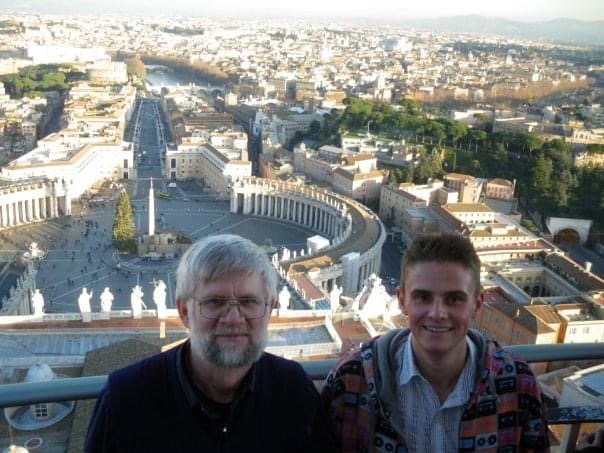
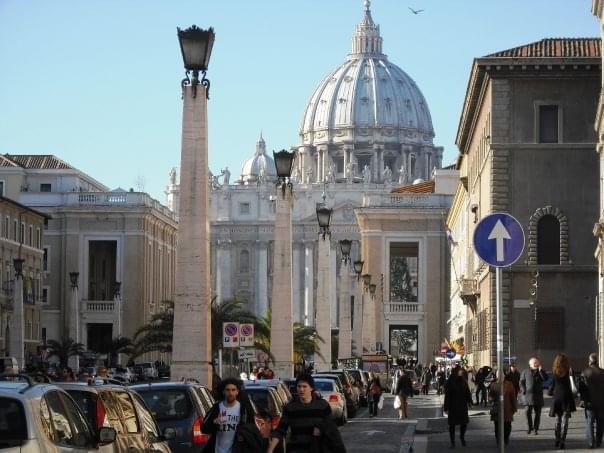

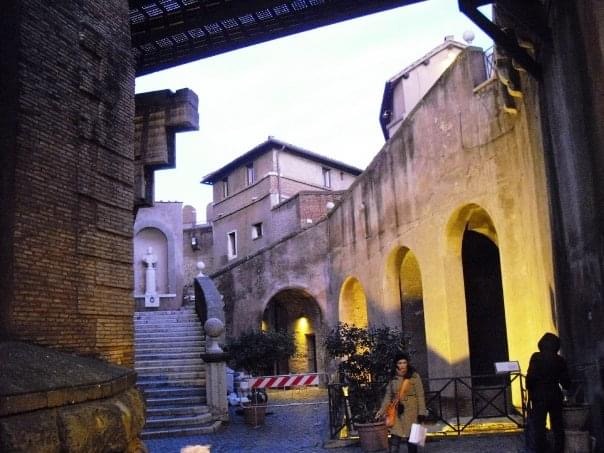


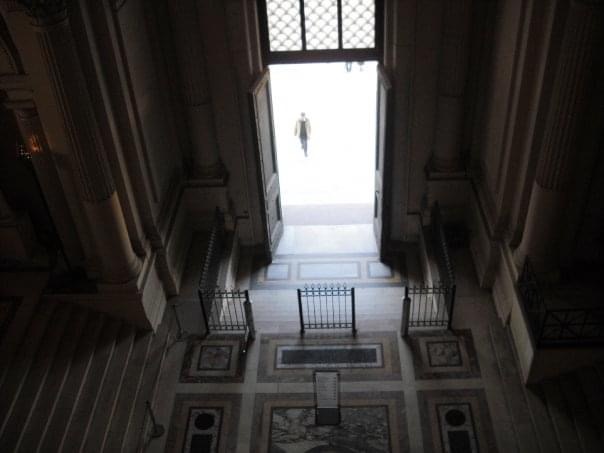
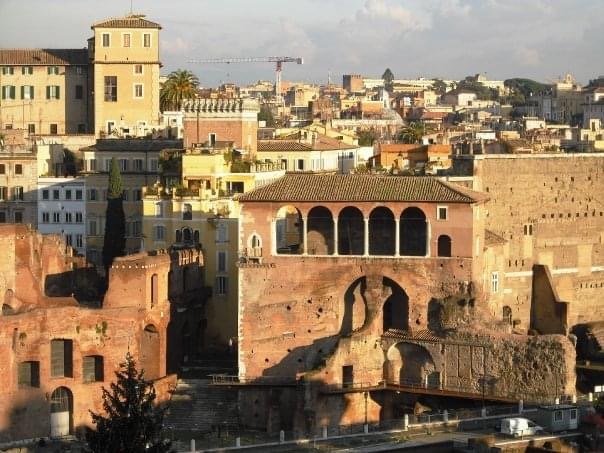
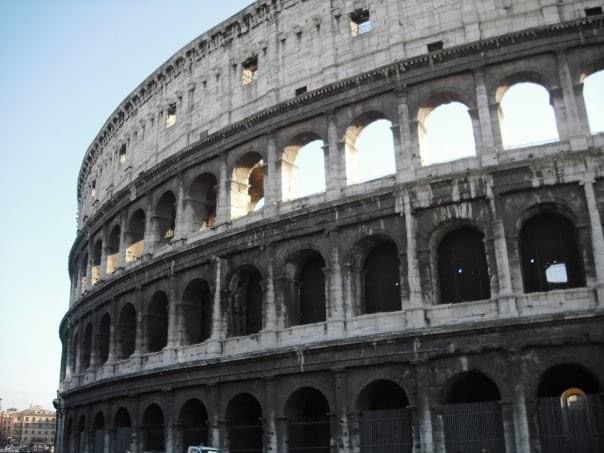
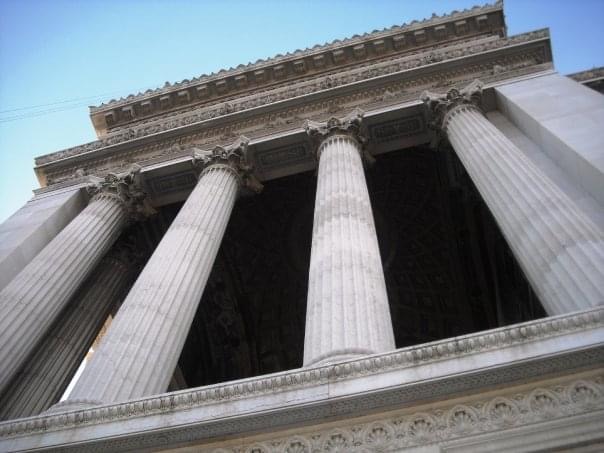




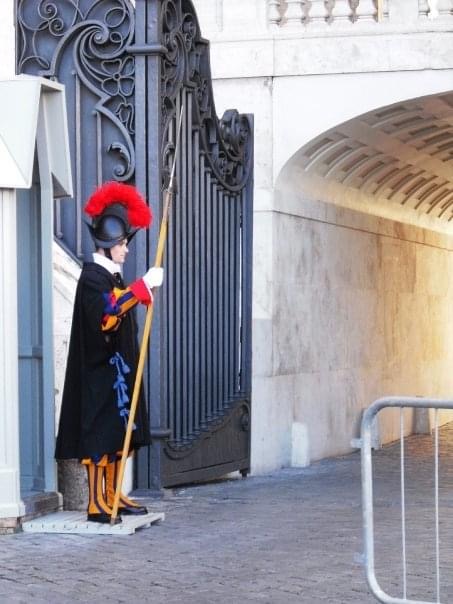
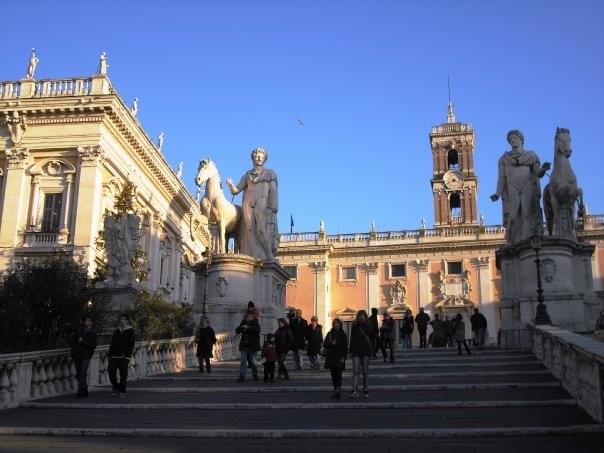
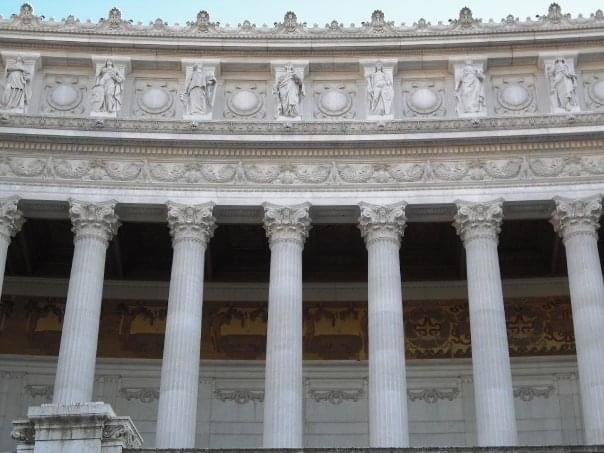
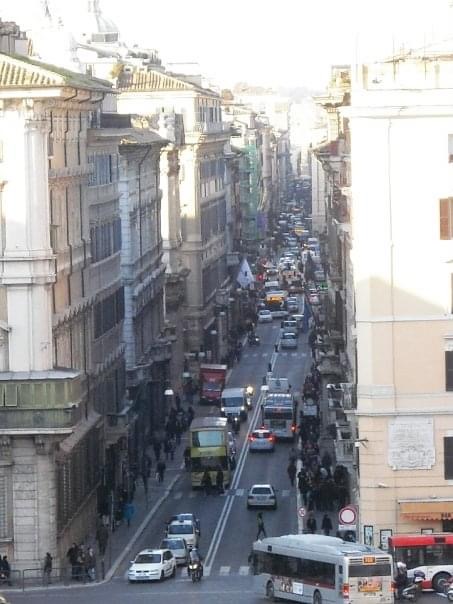
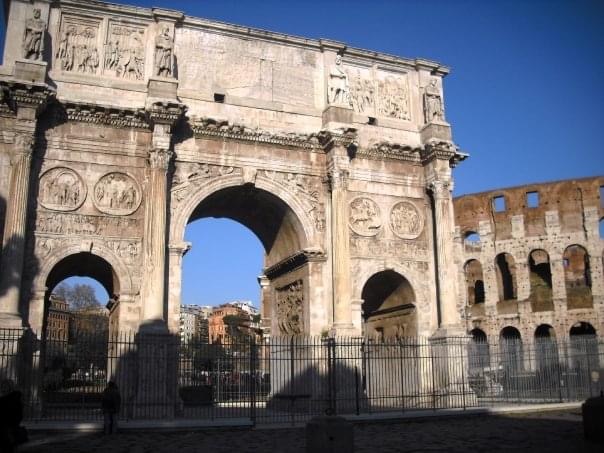
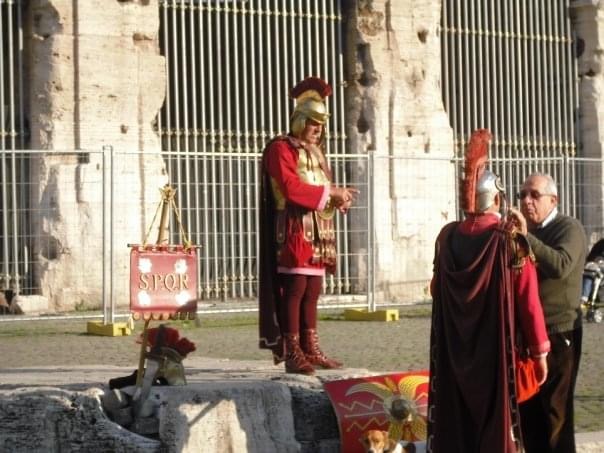
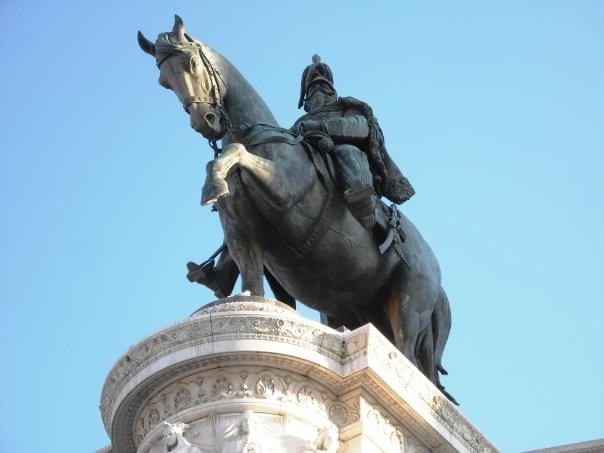
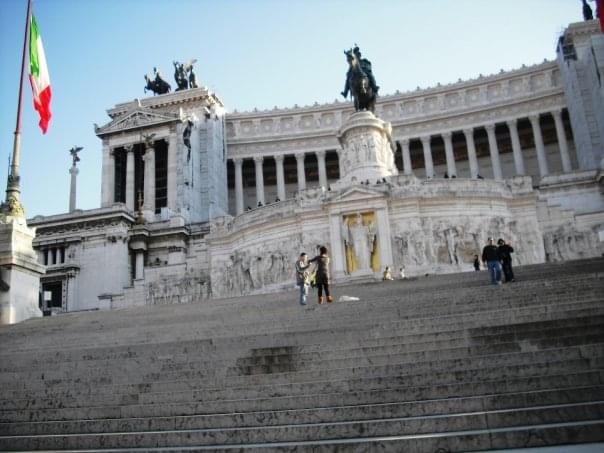



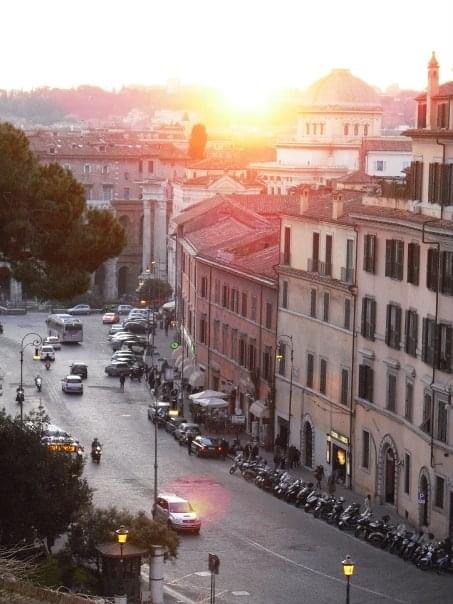
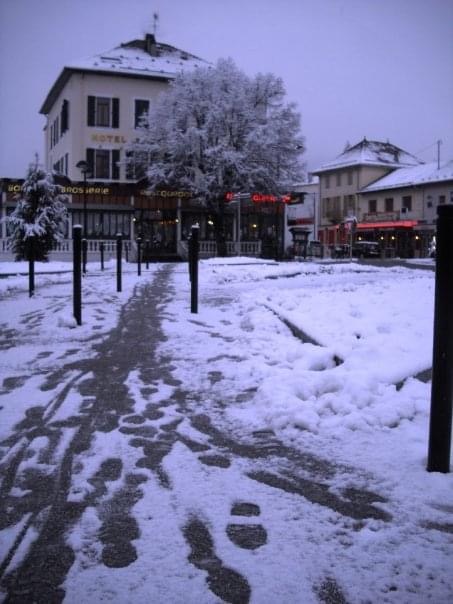
my dad and i also stopped in albertville in southern france while traveling around europe on the trains, to visit my cousin and her family, who were living there at the time.
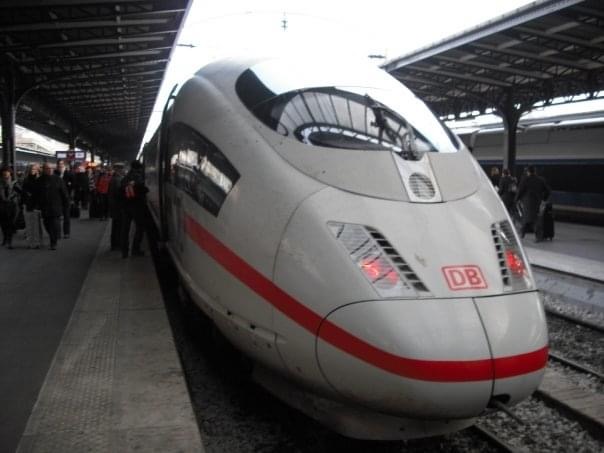


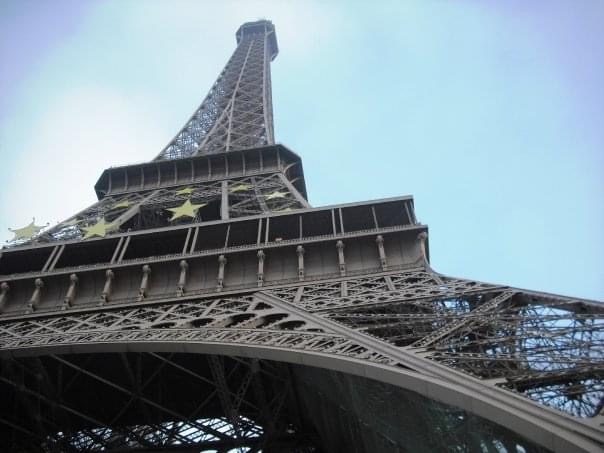
in december 2008 my dad and i stopped in paris during 2 weeks riding trains through europe! we had an unlimited pass, so we slept on a train every night and woke up in a new city each morning! it was a really good time.

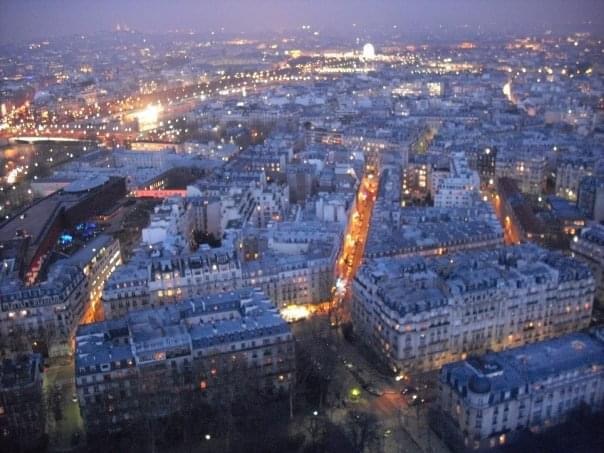

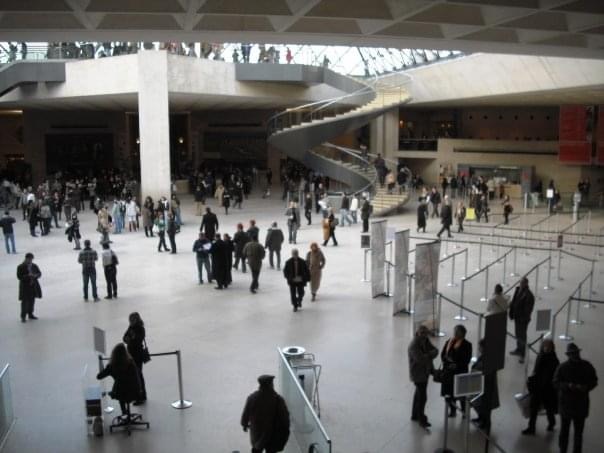
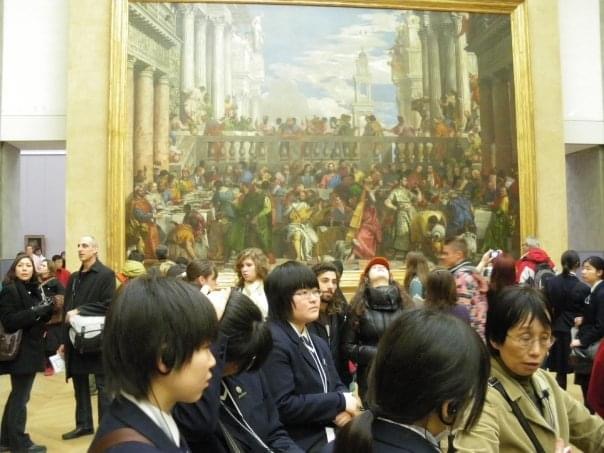
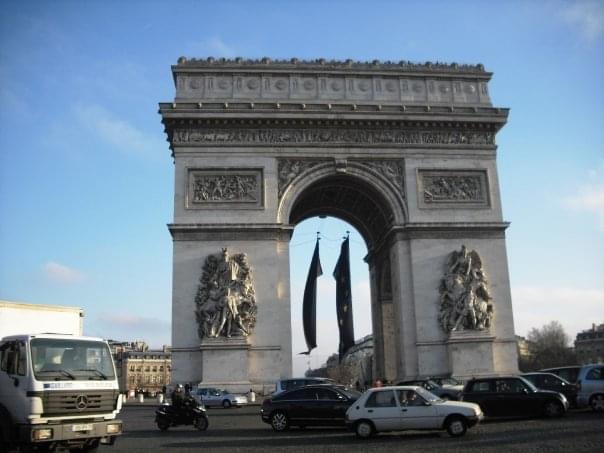
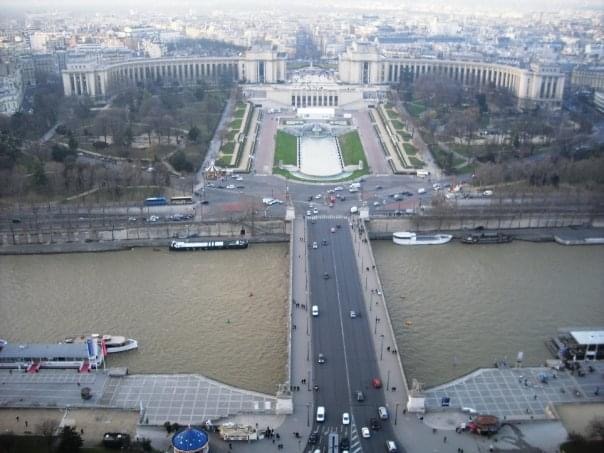



after our month of traveling around the middle east, we returned to cairo for two weeks to write a bunch of papers and say good bye to our friends and the streets of cairo. we went on a retreat weekend to a coptic monastery/retreat center north of cairo called anafora. mesp was amazing. wonderful friends were made, a ton of fun was had, and basically my wordview was fundamentally altered. it was a profoundly formative semester for me.
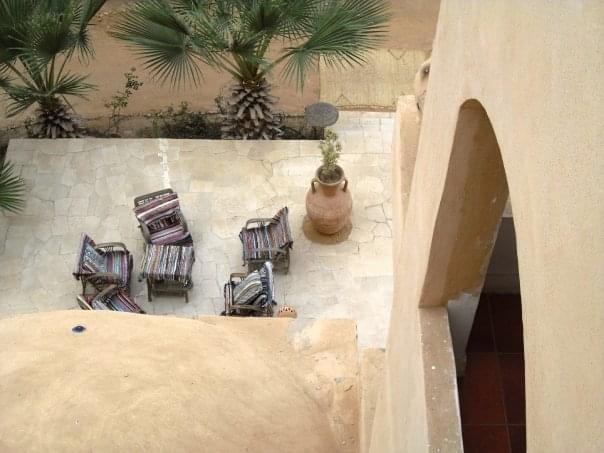
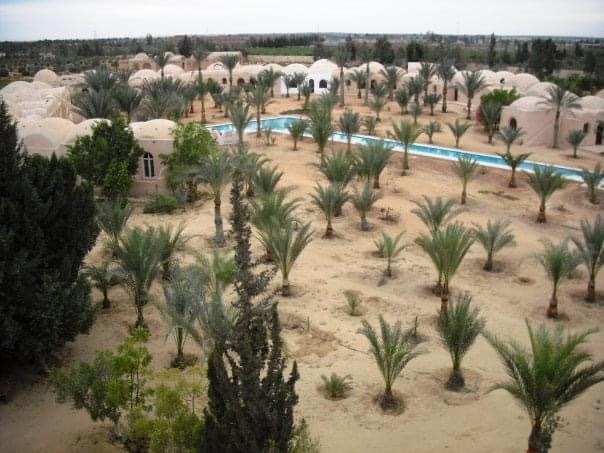


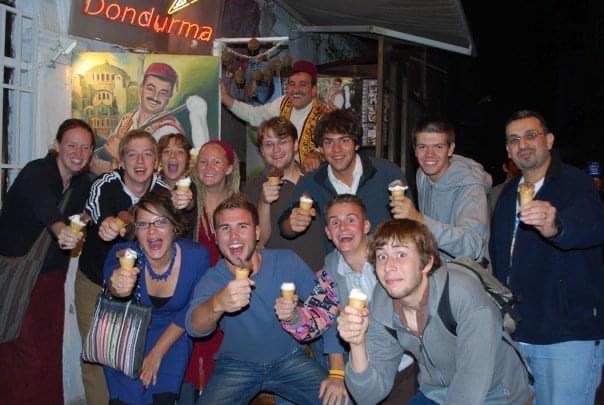
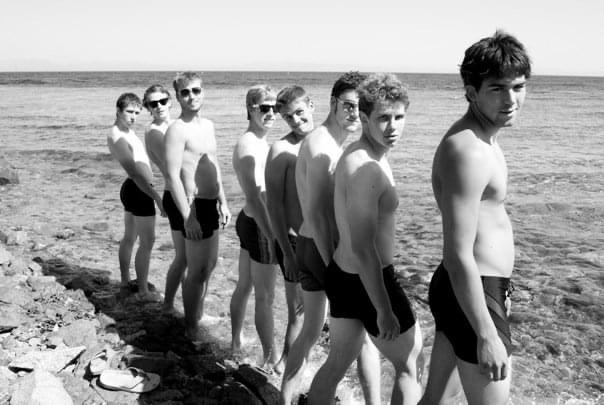

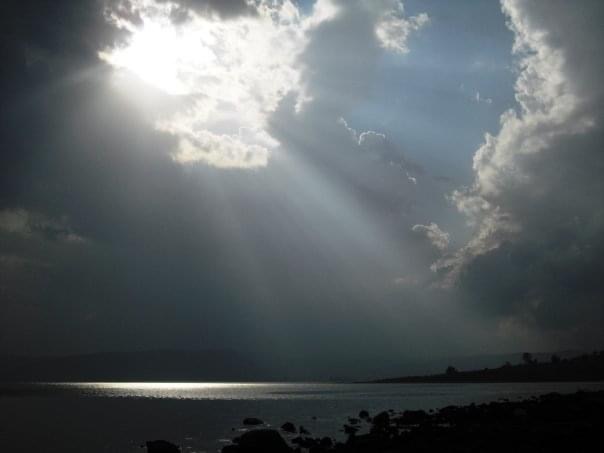
as part of the middle east studies program (mesp) travel component in israel, we took a roadtrip around the northern part of the country. we went to the occupied golan heights to learn about the geopolitical importance of the region, various places in the galilee, and to haifa where we had a guest lecture from elias chacour, an archbishop of the melkite catholic church and author of multiple books on the indigenous christian experience in israel and peacemaking.
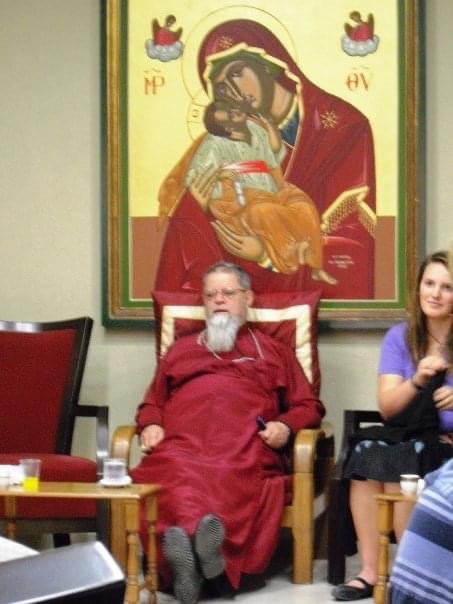

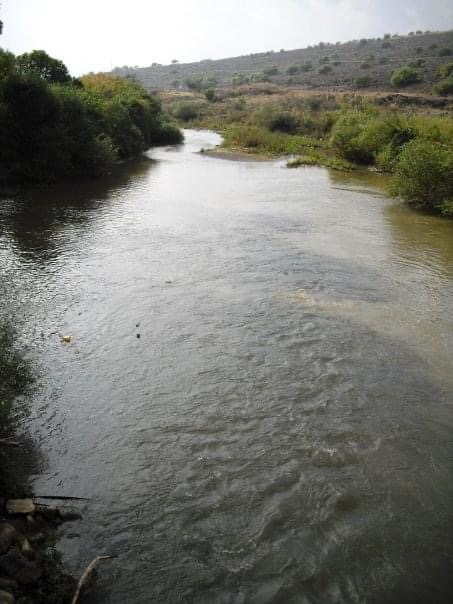
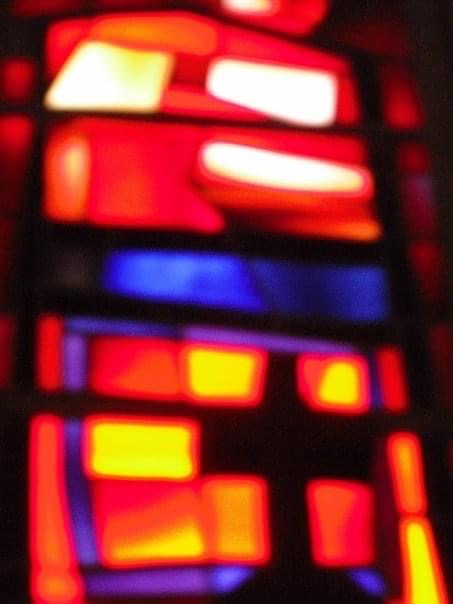
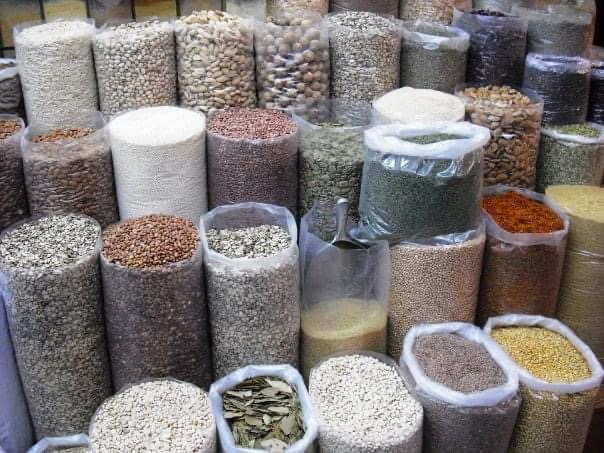

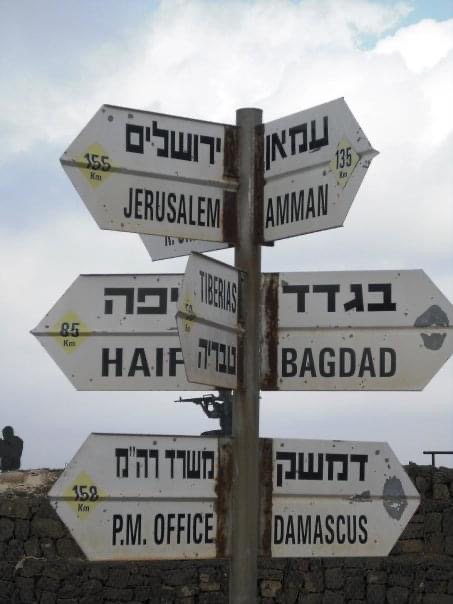
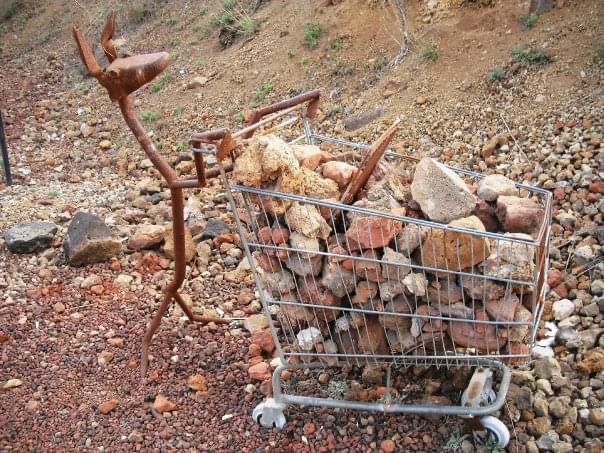
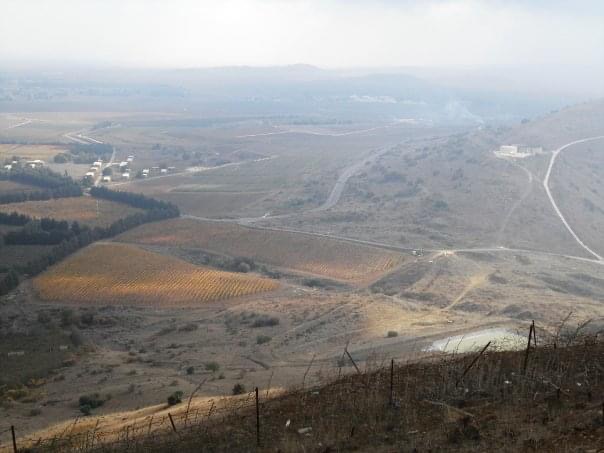
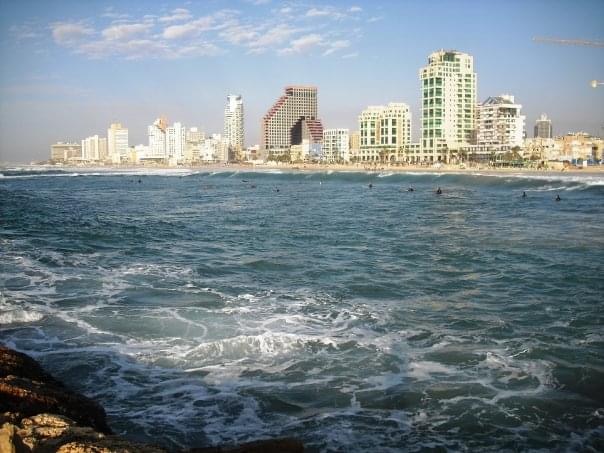
we had a free day to wander around israel’s largest city, tel aviv.
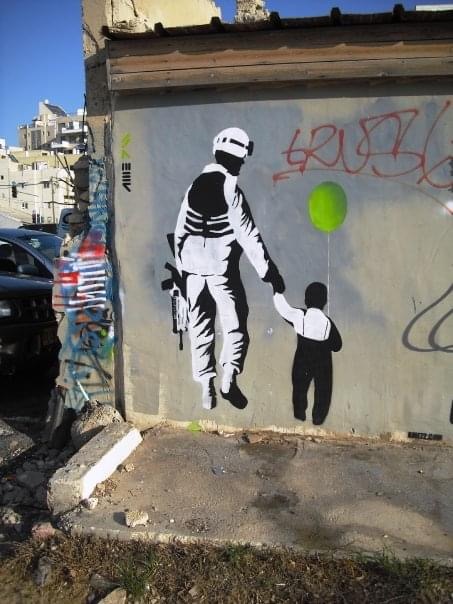
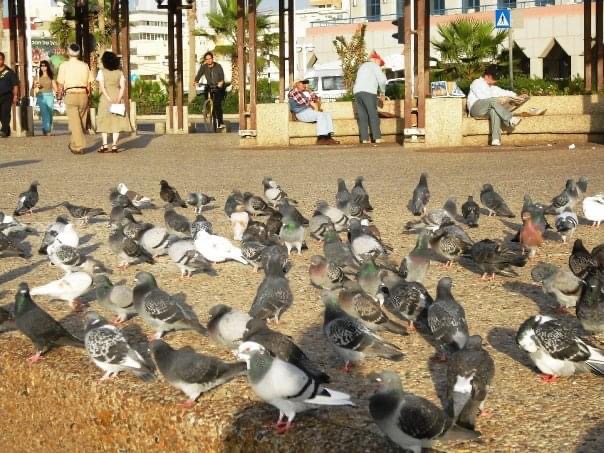
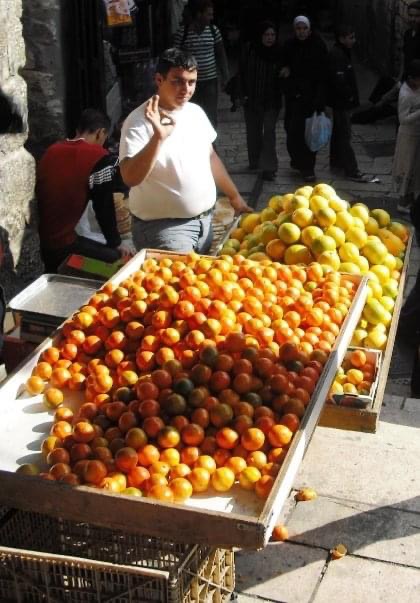
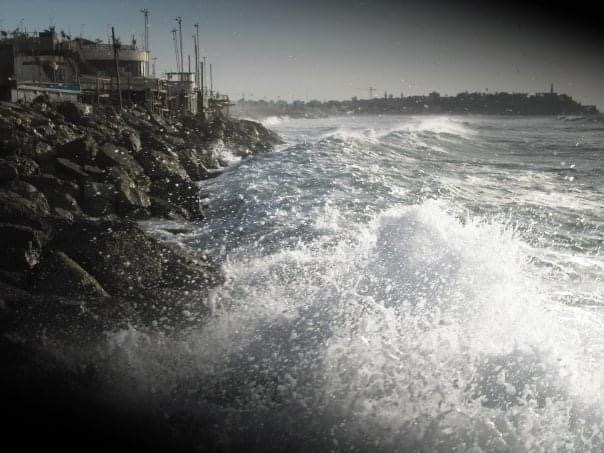
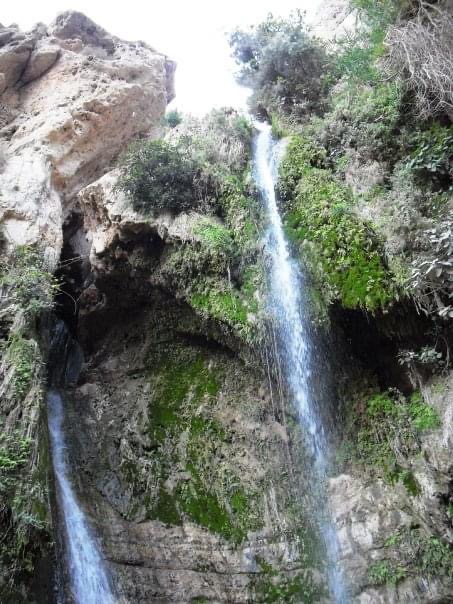
along the barren, mountainous coast of the dead sea is a little oasis called ein gedi. it is biblically famous as a place where david took refuge. now, it is inhabited by a population of oryx which were reportedly airlifted out of iran by the israeli defense forces. onsite is a waterfall and natural pool where we went swimming.
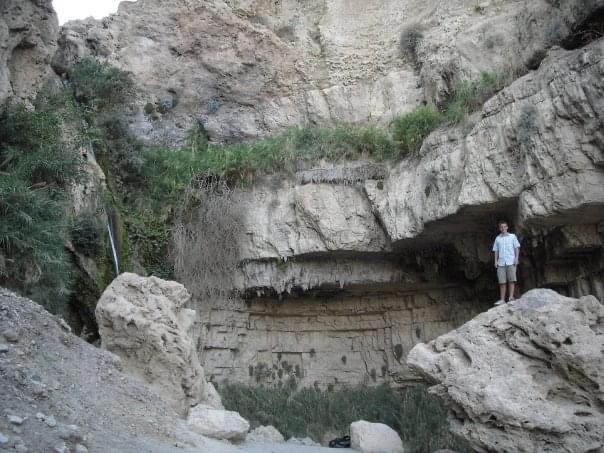
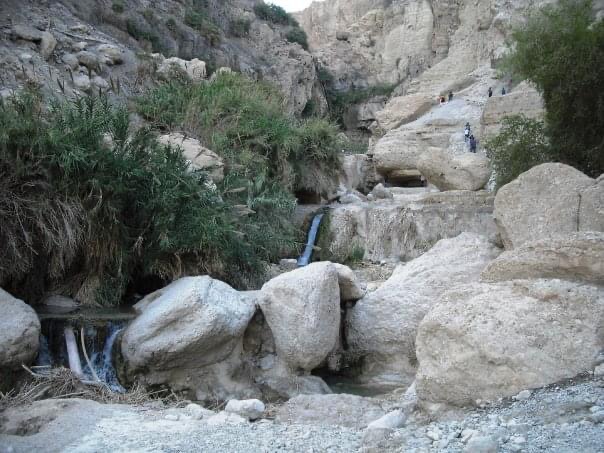
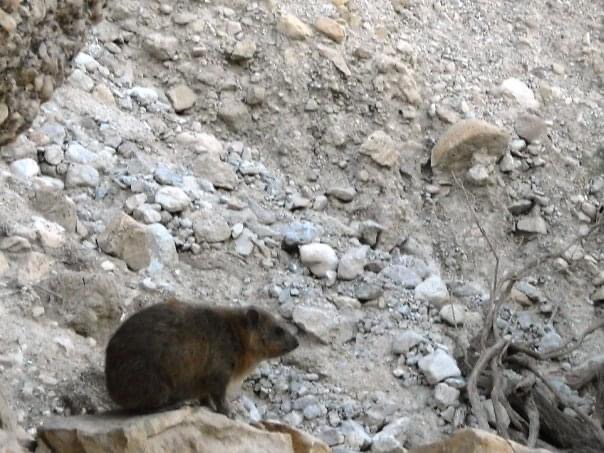
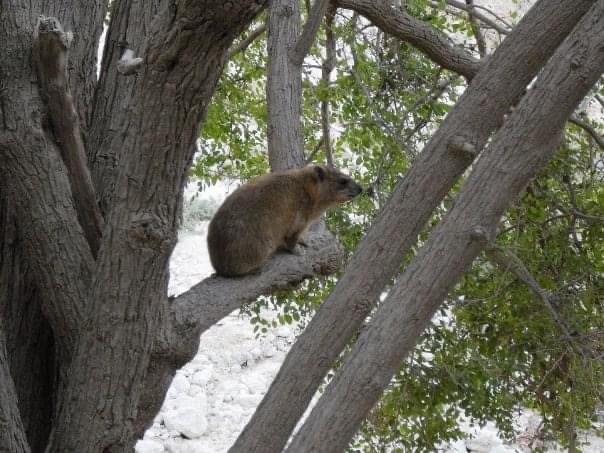
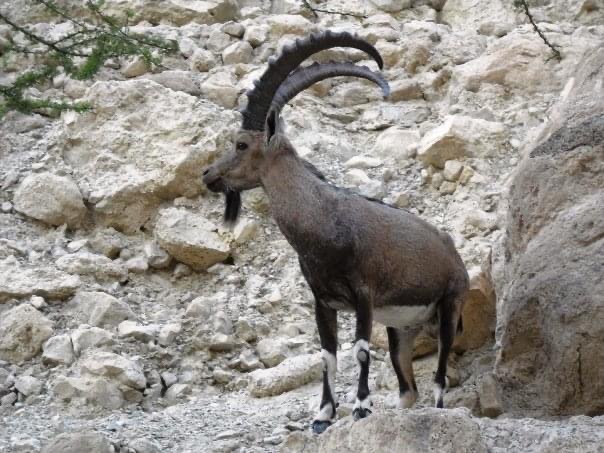
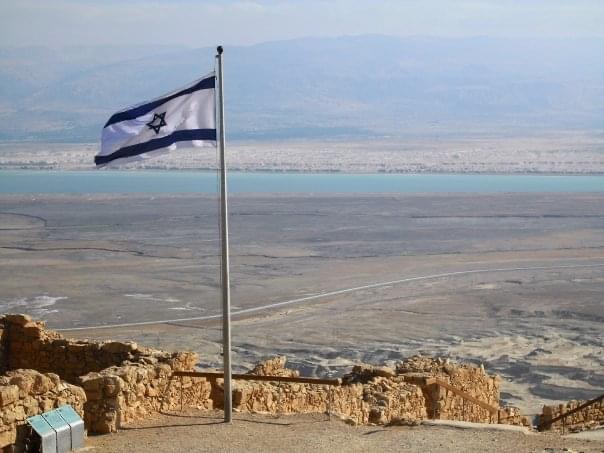
while in jerusalem we took a trip to climb a mountain called masada, in the desert just beside the dead sea. the mountain is famous as the site of jewish resistance in the 70s AD, when a group of about 1000 jews were under seige by the romans atop the mountain, and ultimately took their own lives rather than surrender.
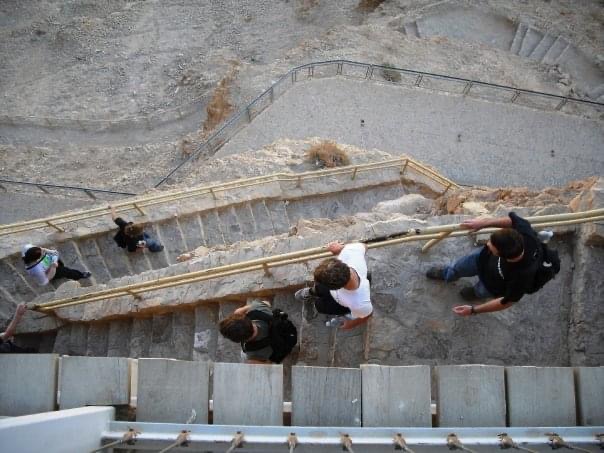
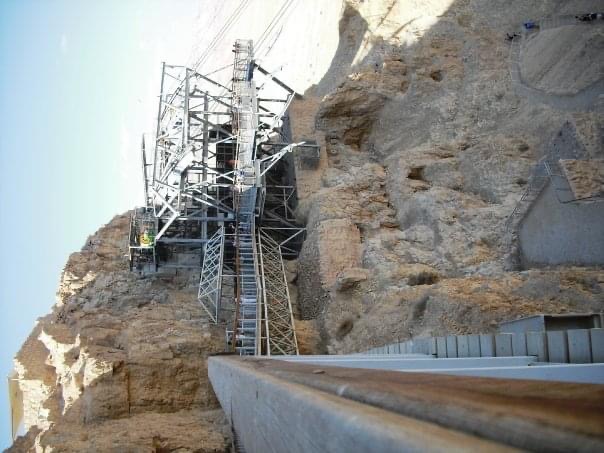
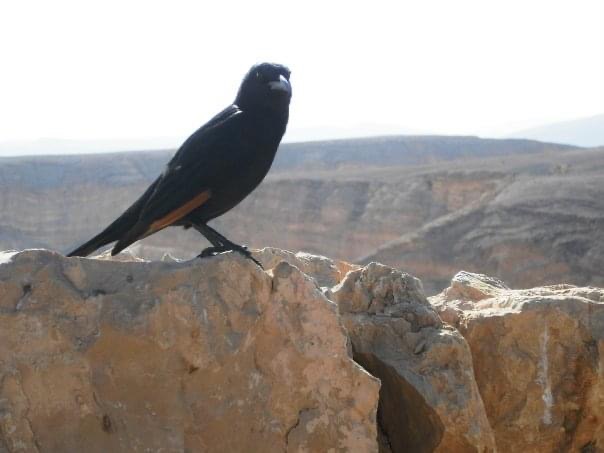
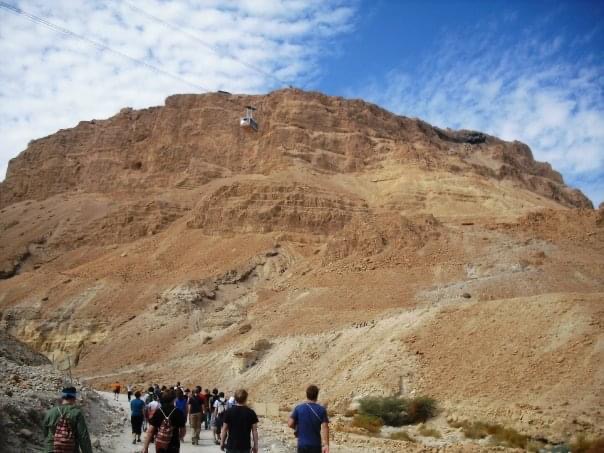
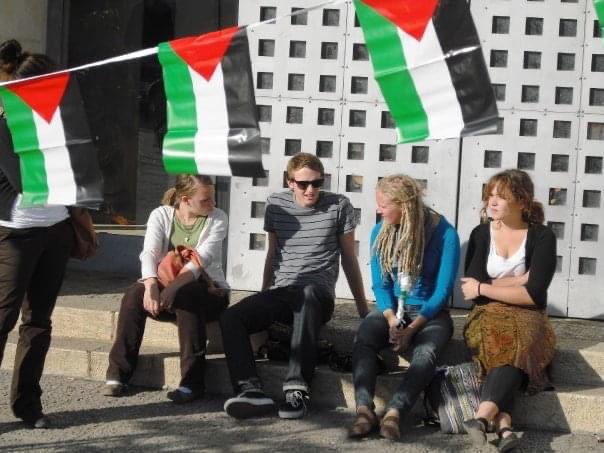
while staying in jerusalem as part of the middle east studies program (mesp) travel component, we drove out into the west bank east of jerusalem to look at some of the israeli settlements that are causing big problems for the peace negotiations between the israelis and the palestinians. the west bank and the gaza strip would form a palestinian state in a two state solution. but since the creation of israel, jews have been creating and enlarging settlements in the west bank, ostensibly so that when a two state solution is reached they will already be there and therefore have ownership of the land. now much of the settlement movement in the west bank is made up of religious fundamentalists, although interestingly initial zionism and the first settlements were very secular. because jerusalem is half “palestinian” and half “israeli,” the israeli government financially subsidizes jewish settlement in the “palestinian” half so that when an agreement is reached all of jerusalem will just have to go to israel. this is termed “creating facts on the ground.”
we heard from an amazing speaker, probably my favorite of the semester so far, named gershom gorenberg. he’s a haphazard guy who looks like he hasn’t shaven or showered in about ten years. he knows more about the settlement movement than probably anyone in the world (has written numerous of books) and he takes a very objective stance on the issue, despite being a very religious jew himself. we also heard from a hardcore advocate for the settlements which was also very informative in understanding their worldview. we went to the menachem begin museum (a former prime minister of israel who almost single-handedly kickstarted the modern israeli right back in the 1970s).
one day we went to bethlehem, and besides going to the church of the nativity which was very cool, we hung out for some hours with palestinian students from bethlehem university which was a great experience. our student hosts took us to “the wall” that separates palestine from israel proper. we saw some graffiti from a guy called banksy, who goes to charged places in the world and does controversial graffiti (but it really shouldn’t be controversial). the anonymous person that is banksy does this in secret. you know you have a public relations problem if you notice their work on your infrastructure some morning.
a line i’ll never forget – one of the palestinian students in bethlehem told us “we just don’t know what to do. if the most powerful people in the world can’t solve this problem, then what can we do about it?” they were really cool kids. there are significant injustices against the palestinians. there are also powerful political disincentives for israelis to give the palestinians their full rights right now – if things changed overnight things very well might totally fall apart. our director keeps telling us – and it has been a little annoying until now but it is starting to sink in – that we all are herd animals and we all would likely react similarly to how various tribes of people (israelis, palestinians) do if placed in the same circumstance. what is needed for peace is a little pragmatism, and no one would disagree, they’d just argue that pragmatism is less important than their homeland. i’m really enjoying learning about this conflict; there is something strangely interesting about a problem that seems impossible to solve – we don’t seem to have too many of those in the west.
